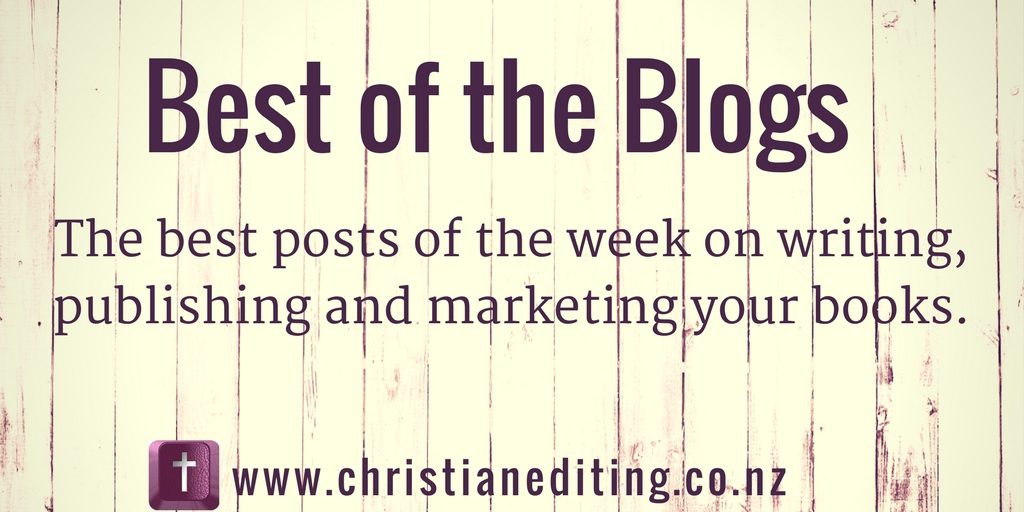We’re more than halfway through November already! For those of you attempting NaNoWriMo this month, how are you going?
I’ve flunked. But I have written and loaded a heap of blog posts, almost finished the visual rebranding for a group blog (we’ll roll that out over the Christmas break), and I’m currently doing two online courses with Lawson Writer’s Academy, one on writing craft, and one on marketing. The writing course has shown me how little I know my characters … which is why I’ve flunked NaNo.
Anyway, on with the news …
Writing
Theme
Michael Hauge asks What’s Your Theme? A novel needs an overall theme … but it’s something a lot of authors either skim over, or try and shoehorn in at the end.
https://www.storymastery.com/character-development/whats-your-theme/
What Are You Writing?
David Farland asks Are You Writing a Book, or a Movie? He goes on to explain the differences in point of view for novels and movies. As it happens, I’m currently writing a blog post on this subject, inspired by a course I’m taking through Lawson Writers Academy.
http://davidfarland.com/2017/11/writing-book-movie/
Publishing
Cover Design
Paul Barrett, Art Director of Girl Friday Productions, visits Author Marketing Experts to share Book Marketing 101: 10 Things Not to Do on Your Book Cover. There are so many bad book covers out there! Unfortunately, the authors don’t know they’re bad (because surely you wouldn’t deliberately allow your book to go out with an awful cover?).
I suspect that’s because many newbie authors can’t see beyond it’s a book! With my name on the cover!
They don’t know the principles of good design … and it’s something you need to know before you start designing your first book cover (actually, for many authors, that’s their first mistake. Designing their own cover).
https://www.amarketingexpert.com/10-book-cover-rules/
Fighting Piracy
Following Maggie Stiefvater’s blog post about her experience with book pirates, Jana Oliver visits Fiction University to share what she’s doing to fight the book pirates in Why eBook Piracy Matters.
Marketing
Branding
Belinda Griffin of SmartAuthorsLab visits The Creative Penn to share 7 Best Ways to Build an Authentic Author Brand.
https://www.thecreativepenn.com/2017/11/10/authentic-author-brand/
If you’re interested in learning how to build your brand from nothing, I have two suggestions:
1. Follow my blog. I have a blog series on branding coming up in February 2018.
2. Click here to sign up to my Kick Start Your Author Platform information list. I’ll be running the programme again in March 2018 … and there will be more information about it coming up soon!
Cross Promotion
Diana Urban visits the BookBub blog to share 14 Ways Authors can Cross-Promote Each Other’s Books. You will note none of them include commenting on blog posts (although that’s always welcome!).
Facebook Chatbots
Louise Harnby introduces Facebook Chatbots in How To Market Your Book and Build Your Author Platform Using a Chatbot. What are chatbots? Are they the next big thing in book marketing? Who knows? But they are currently underutilised, and if there is one thing I’ve learned about book marketing, it’s that it pays to be at the leading edge of the curve.

